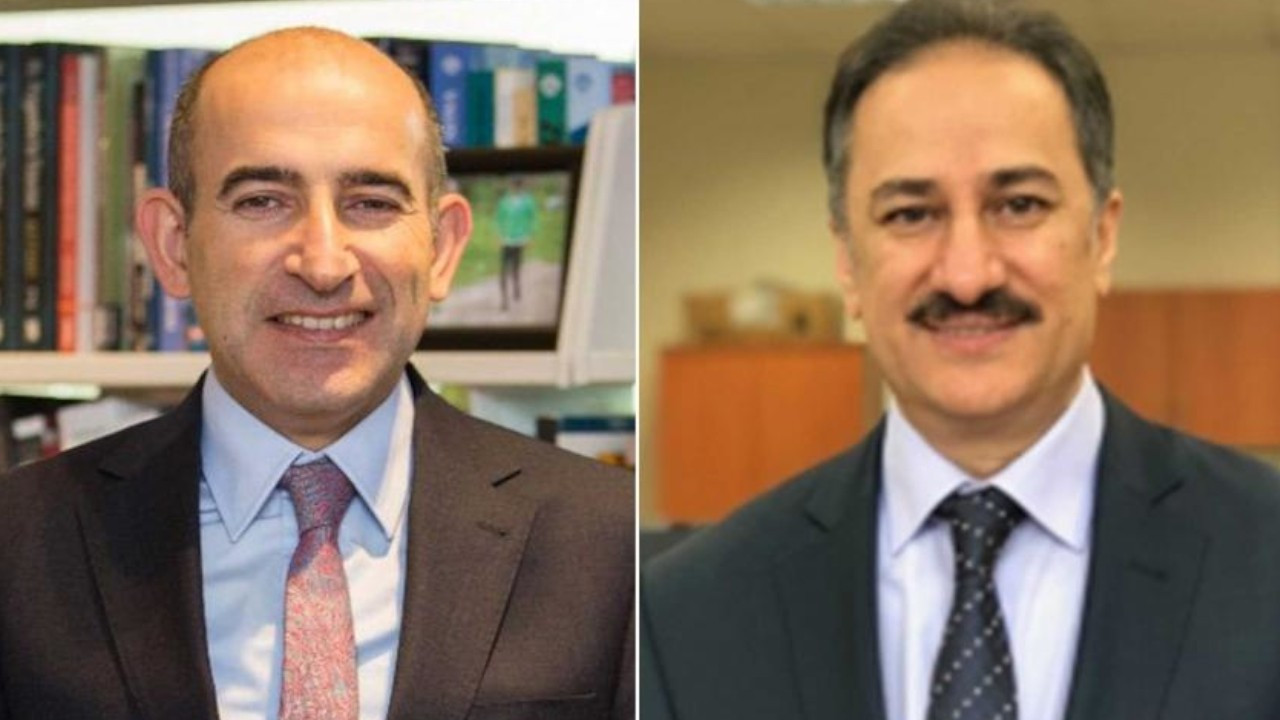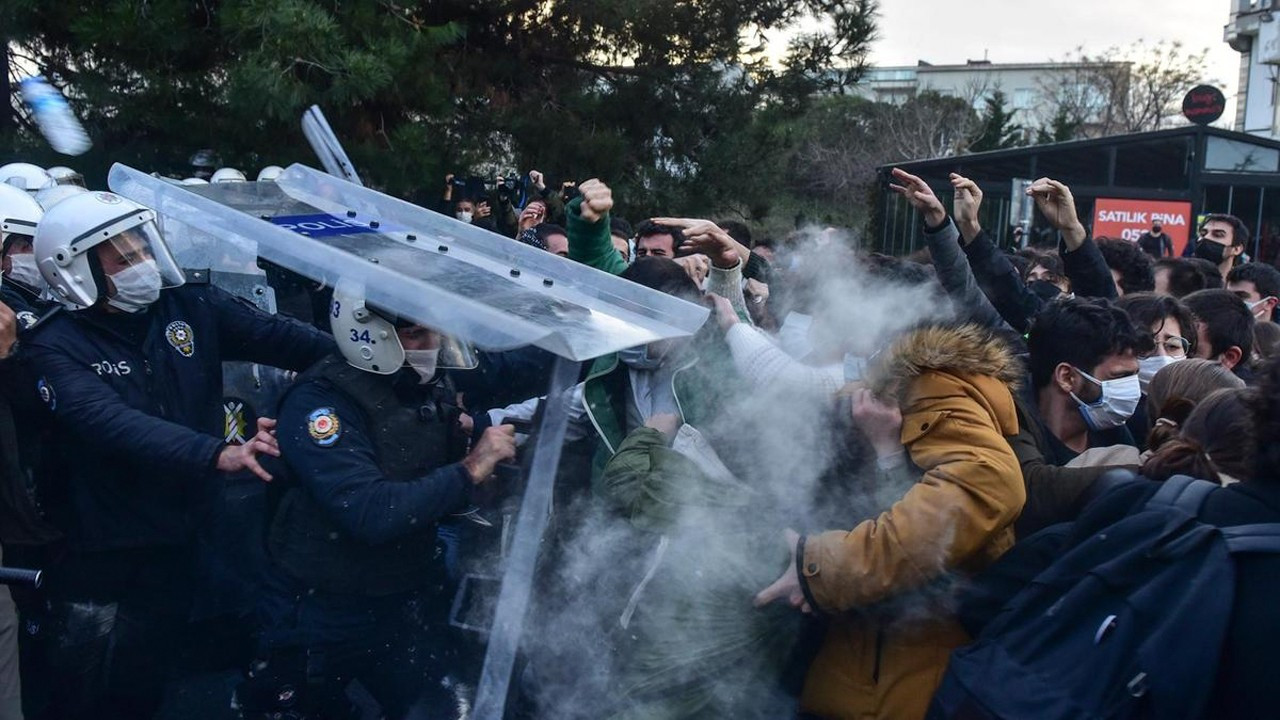Boğaziçi University academics apply to top court to have rector Bulu's appointment reversed
Over 70 Boğaziçi University academics have appealed to the Council of State, Turkey's highest administrative body, to have the appointment of Melih Bulu as the new rector quashed. The academics said in their petition that Erdoğan's appointment of Bulu to head the university violates the principles of the Constitution and the law.
Duvar English
Over 70 Boğaziçi University academics have applied to Council of State, Turkey's highest administrative body, with a demand that the appointment of Melih Bulu as the new rector be reversed, daily Birgün reported on March 1.
The academics said in their petition that Bulu's appointment violates the principles of the Constitution and the law. “Discretionary power used by the President has been unfortunately used to the detriment of the public interest and without paying regard to the influence that the appointment procedure would create,” the academics said.
They drew attention to Bulu's political background and recalled the country's Higher Education Law which forbids political party members from being a rector.
Bulu's appointment as the new rector is “completely against” the university's autonomy, the academics said. “It is an obligation of the public authority to protect the universities' institutional and scientific autonomy, as is guaranteed by the Constitution as well as the binding international agreements,” they said.
Boğaziçi University students and academics have been since January protesting against President Recep Tayyip Erdoğan's appointment of Bulu as the new rector.
Bulu, who has applied to be a candidate for Erdoğan’s ruling Justice and Development Party (AKP) in a 2015 parliamentary election, was the first rector chosen from outside a university since a military coup in Turkey in 1980.
Bulu has been disregarding the democratic practices prevalent at the university and installing his own cadres of academics as new hires, leading to a change in the composition of the academic personnel.

 Erdoğan-appointed Boğaziçi University rector appoints physics professor to run Social Sciences InstituteEducation
Erdoğan-appointed Boğaziçi University rector appoints physics professor to run Social Sciences InstituteEducation 'Rights violations during Boğaziçi University protests emblematic of gov't style'Human Rights
'Rights violations during Boğaziçi University protests emblematic of gov't style'Human Rights